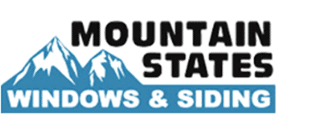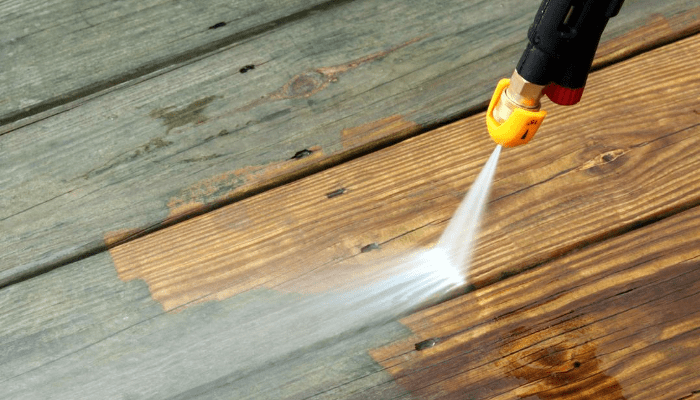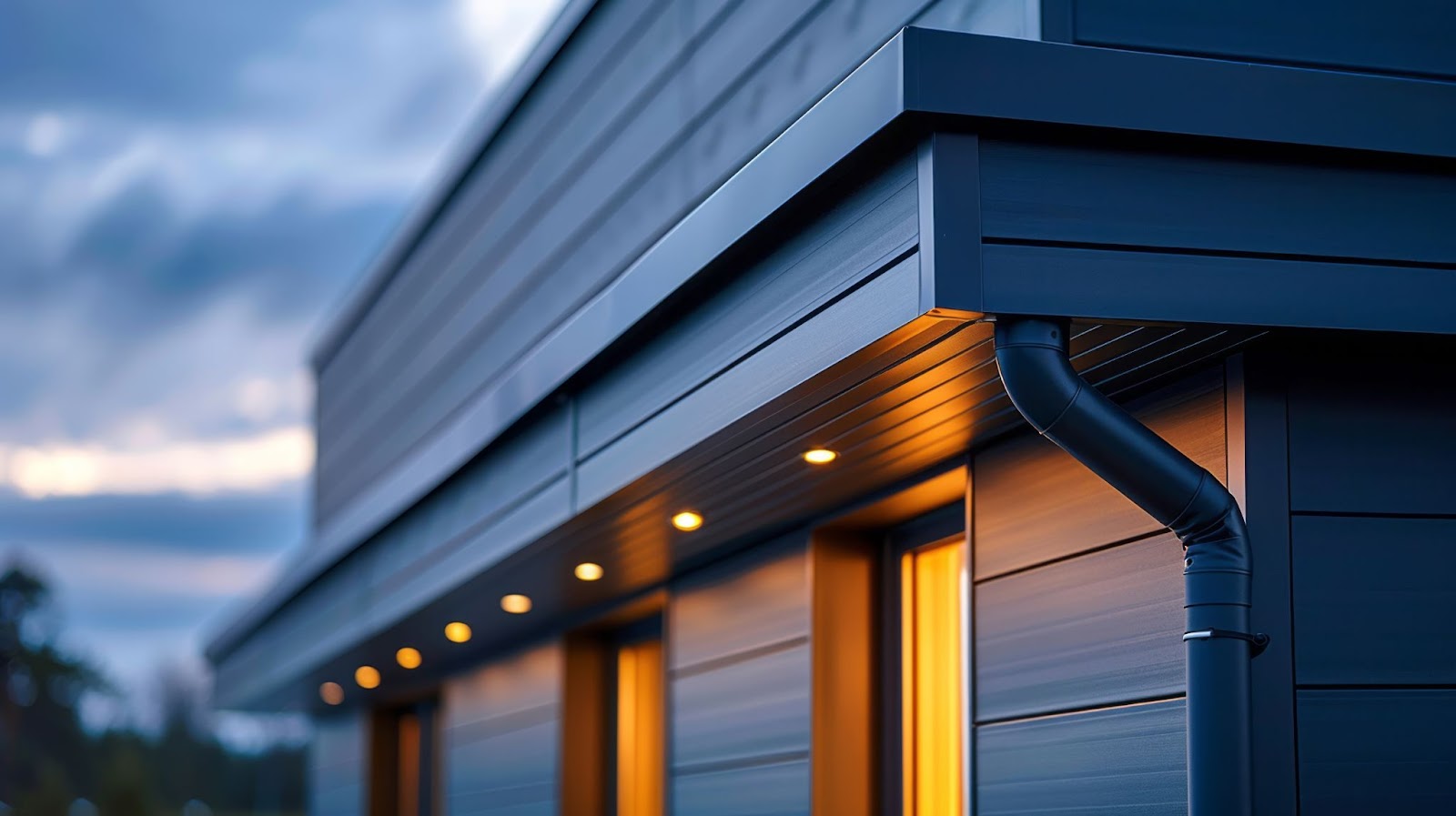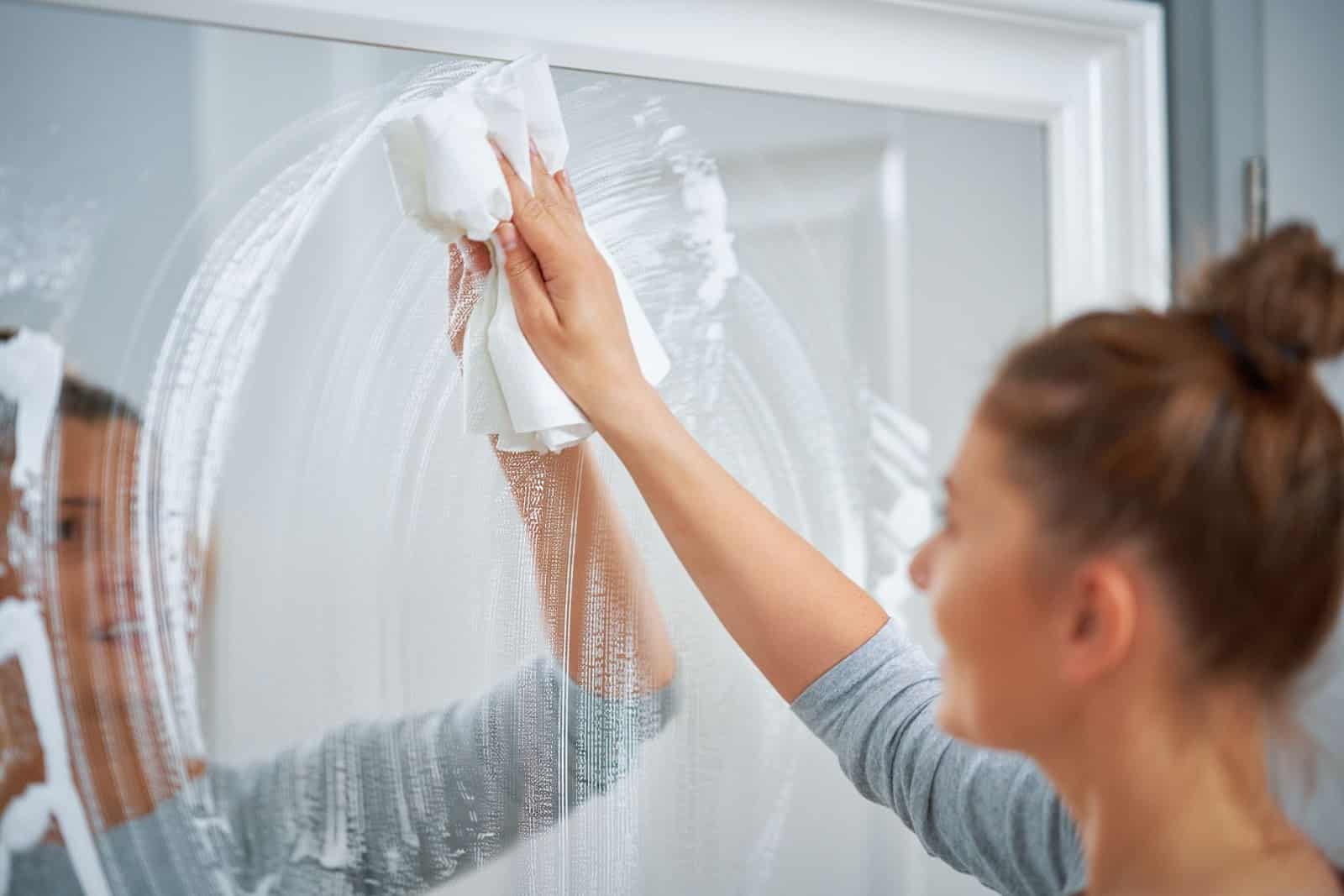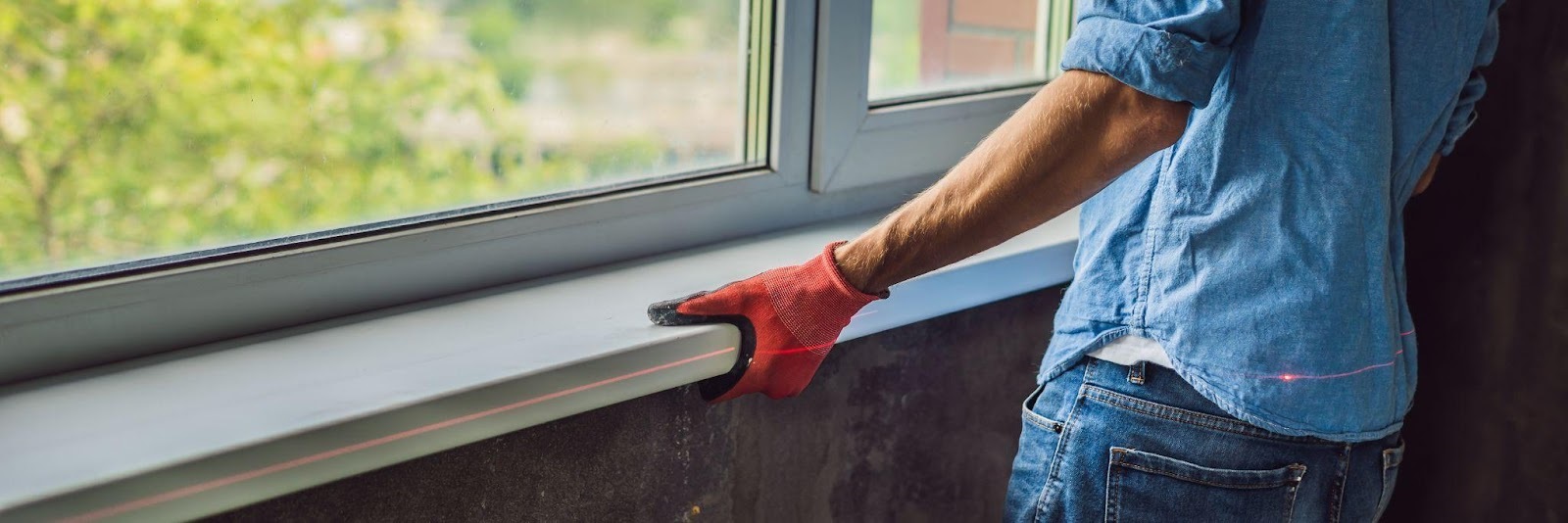To ensure siding gets a good cleaning, most homeowners and professionals use power and pressure washers interchangeably. Although they achieve the same purpose – that of a clean surface – they use different methods. Learn the difference between the two and the pros and cons of both in today’s blog.
Power Washers
Otherwise known as hot-water pressure washers, power washers use heat as an amped-up pressure washer. The water temperature is over 200-degrees, which enables it to easily dissolve oil and grease due to high heat coupled with the pressure. One difference to note between power and pressure washers is that power washers tend to be bulkier and differ in size and cost. The more affordable ones weigh upwards of 400 pounds and equal in size; this makes storing it an important factor. For high-end washers, they need a 400-gallon water tank and are typically used by professional cleaning companies.
Pros
The pros of power washers include:
- Ability to sanitize
- Adjustable water temperature
- Best for large, commercial and industrial areas
- Removes grease
- Heavy duty
Cons
Conversely, the cons of a power washer are:
- Bulky
- Expensive
- Can damage soft surfaces
- High maintenance
Pressure Washers
With pressure washers, you use cold water that is solely reliant on pressurized force, and since they are readily available to purchase, it makes them a practical if not popular choice. Because they are lightweight and smaller, it’s easier for homeowners to use them. Even though it doesn’t use heat, the cold-water pressure can still be enough to remove debris from concrete, brick, masonry, and metal.
Pros
The pros of using pressure washers include:
- High force pressure
- Affordable
- Compact
- Low maintenance
Cons
Pressure washer cons are:
- Risk of damage to delicate surfaces
- Does not remove oil or grease
A pressure washer is great for removing dirt, dust, grime, mud, or mildew on homes, sidewalks, driveways, decks, and vehicles. A power washer does better with projects where grease and oil is a factor. For the DIY enthusiast, renting a power washer for a large home project is better budget-wise than purchasing one. Note, it’s best, however, if a professional uses one for soft and hard surfaces to prevent damage to either the surface or the machine.
When considering the model you’re interested in, pay attention to the pressure per square inch (PSI) and gallons per minute (GPM) you need. The higher the PSI, the fast the work; the higher the GPM, the better the cleaning power.
Accessories to Include with Power and Pressure Washers
Depending on the project, you can add accessories for both a power and a pressure washer. These may include the use of hoses, nozzles, regulators, tips, sandblasters, as well as underbody cleaners, brushes, injectors, detergents, and extensions.
Contact Mountain States Window and Siding
If power and pressure washing aren’t enough to restore your siding, consider replacing it with the leading Utah Siding Contractor specializing in the best quality siding. Located in Lehi, and service to both Utah and Salt Lake County, we ensure you can find the perfect material, design, and protection for your home. Contact us for a free estimate.
